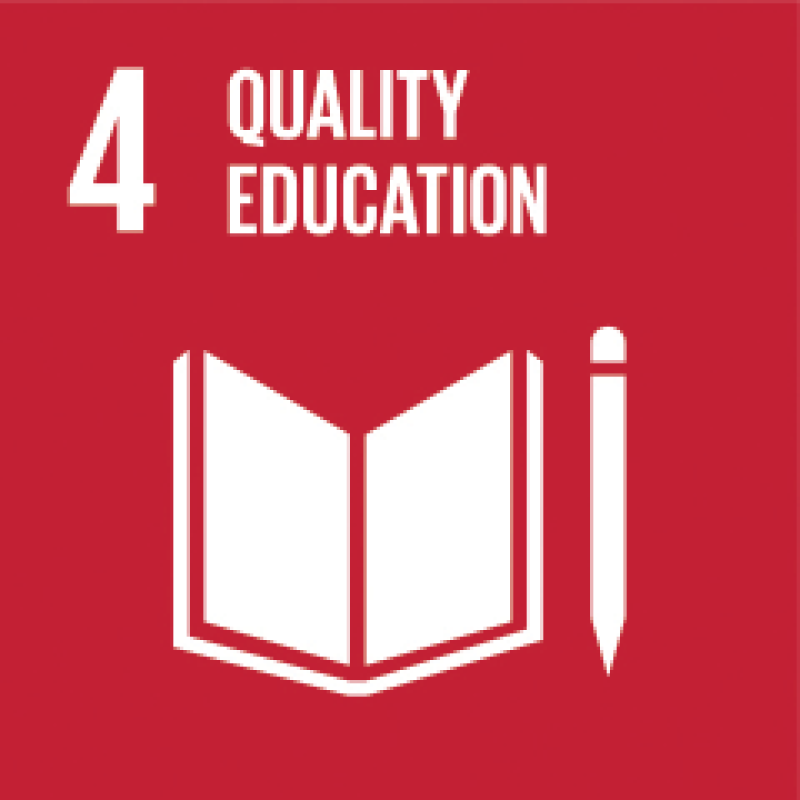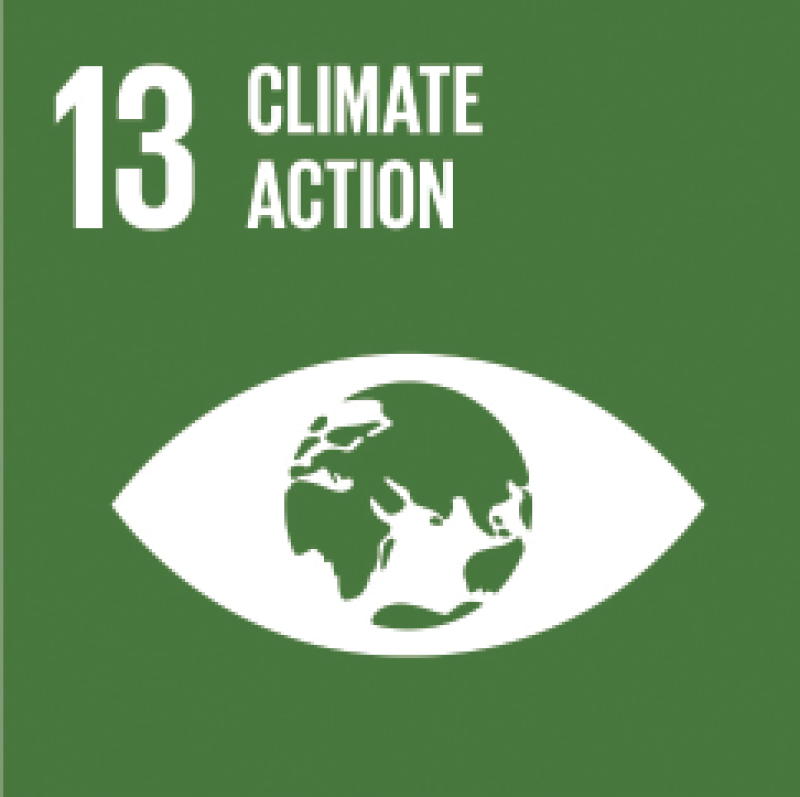

















For a bank to set up a global sustainable finance group in the middle of a financial crisis takes a certain conviction about the future. Audrey Choi at Morgan Stanley had that conviction. Indeed, she was an early convert to the idea that finance could have a positive impact on clients and society alike.
Choi joined Morgan Stanley in 2007. Earlier, she had worked as a bureau chief at the Wall Street Journal interviewing corporate chief executives about their business strategies, before joining the Clinton Administration in several roles including as adviser to vice-president Al Gore and as chief of staff of the Council of Economic Advisers.
“It showed me that while enlightened public policy is critical to set parameters, the private sector had an amount of strength, speed and decision-making autonomy,” she says. “If you could harness private capital in the right way, it could be turned into the most dramatic force for positive change on the planet.”
What Choi had also seen was that the coming together of the public and private sectors only worked if there were long-term positive outcomes for both sides.
“It was clear we had to figure out how to align business models and financial results with social outcomes,” she says.
Choi joined Morgan Stanley initially to oversee the Women’s Leadership Development team, which quickly expanded into Global Leadership Development.
“In speaking to different leaders across all areas of the business, it led to a broader discussion of how do our businesses interact with the communities we operate in. What is our impact?” says Choi.
As a result, the bank set up the global sustainable finance group, charged with putting capital to work to strengthen low-income communities and protect the environment.
“We brought our bankers’ expertise to projects in microfinance, and while it worked well, these were small deals,” says Choi. “To be of real benefit, we were going to have to bring social impact to mainstream banking – rather than bringing banking to social impact.”
If impact investing is becoming mainstream across the industry, it is thanks to Choi and Morgan Stanley’s bold early move.
In 2012, the bank launched its Investing with Impact Platform (IIP), which now has more than 140 products across asset classes, with a five-year goal to have $10 billion invested by the end of 2018.
“It seemed like an astronomical target back then,” says Choi, but today, it is on track to exceed that.
We need to be hiring and supporting young people who want to combine their intellect and financial acumen with the desire to fulfil the values they most care about - Audrey Choi
Some 74% of its financial advisers use at least one impact strategy and nearly a third use five or more. The bank has also managed to lower the minimum investment to just $5,000.
“Mainstreaming means bringing access to everyone,” says Choi. “We have investments now for early savers all the way to customized portfolios for the sophisticated high net-worth investor.”
Morgan Stanley also launched Integro, a first-of-its-kind private equity fund of funds targeting positive social and environmental investments.
Then came an even bigger commitment from Morgan Stanley. In 2013, chief executive James Gorman launched the Institute for Sustainable Investing within the bank, with Choi as chief executive. Its advisory board, chaired by Gorman, brings together external cross-sector leaders and the bank’s senior managers to discuss how they are integrating sustainability into their business lines.
The institute has three aims. The first is to drive sustainable products and strategies.
“If we want to build out the piece of the pie that goes into sustainable investments, we need to build out rigorous investment opportunities, including helping to develop the green bond market,” says Choi. Morgan Stanley issued its own green bond in 2015.
The second aim is in thought leadership. The institute puts out all of its sustainability thought leadership for free to help accelerate adoption broadly and it develops tool kits for clients and advisers to help them invest in line with their values.
The third aim is capacity building.
“This is the future of finance,” says Choi, “so we need to be hiring and supporting young people who want to combine their intellect and financial acumen with the desire to fulfil the values they most care about.”
As part of developing a deeper understanding of how the broader ecosystem of society and environment influences earnings, Choi also serves on the Sustainability Accounting Standards Board.
Choi’s mission it seems is that of deeply embedding social and environmental impact in business lines. In equity research at Morgan Stanley, valuations now take sustainability, reputational risk and social risk into consideration; so much so that analysts have changed their calls.
“ There’s still so much we need to understand and data we can’t get to, but this is going to be the future – a future where a prudent investor or corporate couldn’t imagine not incorporating social and environmental factors into their decision making,” says Choi. “As an industry and a field, we haven’t fully cracked it – how to fully holistically think about sustainability. But our role as product and service providers is to be as rigorous as possible with ourselves – not compromising on either the economics or impact. It’s only with both that we can bring about the most change.”
UN Sustainable Development Goals: The keys to responsible banking?
These are the areas that the United Nations says banks need to consider when accepting their responsibilities in shaping and financing a sustainable future.


















See more impact banking champions

